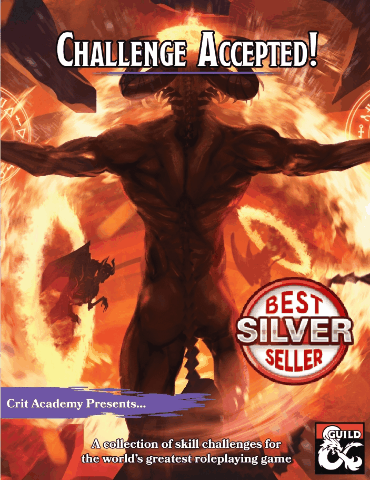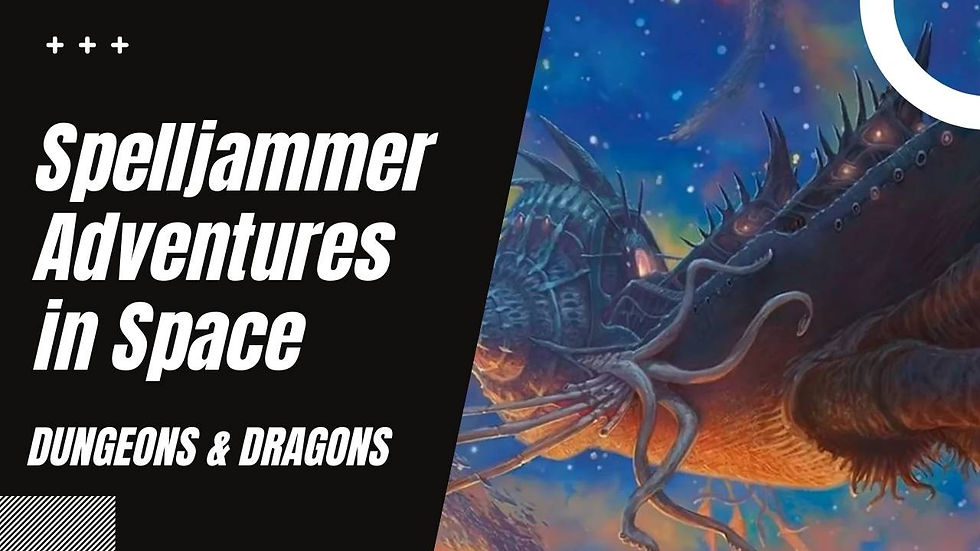Note Taking Tips for Dungeons & Dragons Players
- Justin Handlin

- Oct 12, 2021
- 5 min read

Guest Writer: Ashley Gage
If you’re anything like me, taking notes during a dnd session can be more intimidating than the quest you’re taking the notes for. Especially if you’ve been playing for 3+ hours and are struggling to pay attention. Taking notes can seem daunting, especially if you’re not usually the designated scribe, but it doesn’t have to be that way. Here are some of my tried-and-true note-taking methods that break it down in a much more manageable system.
First, it can be hard to know what is even worth taking notes on. After all, if everything is important, nothing’s important, i.e.- it’s hard to find key pieces of information amid scribbles of less important things. Try breaking down categories of what might be helpful to your campaign. The main four I use are;
Locations
NPCs
Tasks our party needs to complete and any info that directly informs those tasks
Lore.
You can add more categories as you go depending on what becomes important within your world, like if the weather plays a major role. But these four core categories usually appear in any campaign.
Extraordinary Expeditions is a collection of modular adventures designed on a flexible framework to be easily tossed into any fantasy setting. Scour the Desolate Wastelands for the lost library of Zenith Athenaeum. Save, escort, and protect villagers as they seek a safe haven, while two towering titans do battle. Venture into a village completely overrun by monstrous creatures from the Far Realm. Complete with adventures, maps, and monster stat blocks.
One of the best parts about any roleplaying game isn’t just the fantastic battles. It’s the memorable locations that they take place in, and the interesting NPCs that our heroes encounter. Our goal was to build a project that included all these great points. With Crit Academy’s expertise in 5th Edition and Arjade Productions’ masterful knowledge of 3.5 rules, we believe Extraordinary Expeditions will hit on all these points and so much more.
Location Notes can be broken down from largest to smallest; are you on a different planet/ continent? Within this continent, what are the countries, cities, towns, and important places within the town(s) you visit? Not every place in the town is going to be relevant but knowing places you and your party are likely to frequent, and any place the dm mentions, might be worth noting. And it’s okay if the towns have no locations within them if specific buildings aren’t important! Sometimes it’s enough to just know you passed through that town.
I’ve found that listing NPCs is easiest in a table format. I list their name, their race and class, and maybe a one to two-sentence breakdown to remind you of what happened when you met them. Maybe they gave your party some information or tried to poison your party's rogue. Anything that can quickly remind you who this person is if you ever encounter them later.
Tasks are a little trickier to pinpoint what to write about. Listing the progress of your main quest, like how far you’ve traveled/ how close you are to arriving to your location, any items you’ve collected that would aid in the quest, or any NPC’s that have joined your party to help in the quest could fall into this category. If you or any member of your party has a side quest, you can list them here as well and track their progress. I like to be as strict as possible: does this combat/ magic item/ npc/ etc.., directly influence the quest we are on? If not, then I decide if it belongs in a different category or if it’s worth noting at all.
Lore can be as specific as character backstory(s) and town history, and as complex as how the government or religious institutions work within your world. A lot of this information will rely on you and your dm working together to figure it out, so don’t be afraid to ask questions, make a roll, or ask them to repeat something. If it’s important to the world, your dm will lead you to that information one way or another. Don’t be afraid to get clever and come to conclusions based on clues your dm has given you.
Now that we have a rough outline of what to take notes on, the next question is how? No one method is going to work for everyone or for every campaign. Some people might prefer handwritten notes within a notebook while others find typing to be easier. If my players and I are using hard copies of character sheets, I’ll keep hard copies of notes, as that’s the overall method used within the campaign. However, if I’m using a virtual character sheet, like the ones provided on dndbeyond.com, I take advantage of the notes section within my character sheet, so everything is all in one easy-to-reference location. Finding what works best for you may take some trial and error so don’t be discouraged if you find yourself getting frustrated with one method. It’s always easier to find a method that already fits into your habits than trying to conform to a new system while also juggling a fully improvised hours-long session every week.
If all of this still seems daunting, know that you don’t have to take notes alone. You can ask your adventuring party if they’d be willing to divide and conquer; someone takes NPCs, and others take lore, locations, magic items, or any other categories you’ve come up with. You can create a google doc that everyone has access to that they can update either as the session progresses or afterwards once you have some downtime. This way, if you prefer handwritten notes, you can write them as quickly as you need to in the moment and later sit down and type them out neatly for everyone else to see. This method is especially effective because there may have been something you’ve forgotten within your given category that someone else remembers and can added to the document. This gives everyone a well-vetted, thorough, comprehensive recap of every session, what was done, and where things were left off for the next session.
Not everyone is a notes person, and that’s understandable. The only person that can tell you what’s worth writing down is you, but hopefully, this guide can make it a more manageable task. As always, this is a collaborative game and your DM is there to help you, so ask for clarification and extra time if you need it. I’m sure they’ll be glad to see you’re invested in the game, knowing how much time they’ve invested to make it fun for your party. And remember: Anything you think is important is always worth writing down. Trust yourself. Happy Trails!
If you enjoy the content and want to support us, visit our store or follow us on social media, join us on discord, youtube, and leave us a review.
Keep your blades sharp and spells prepared heroes!
*Crit Academy is an Affiliate of Amazon, DMsguild and DriveThruRPG*
















Comments